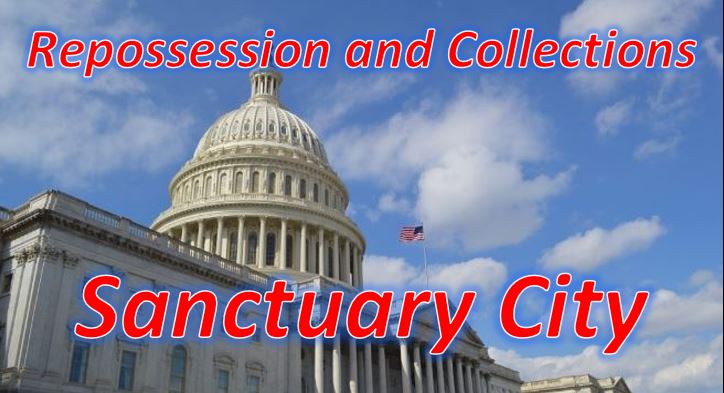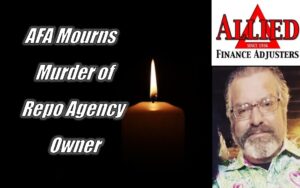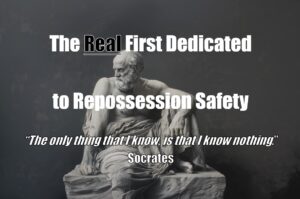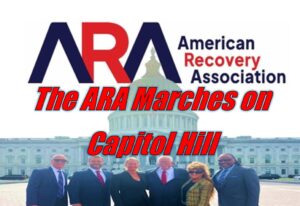
Extends COVID Collections and Repossession Moratorium for Third Time
With the pandemic’s infection and death rates on the ropes here in the USA, it comes as a bit of a head scratcher that Washington D.C. has extended it’s moratorium on automobile repossessions and most collections activity for a third time.
On May 27th 2021, Democratic Councilman Phil Mendelson introduced Washington D.C. Council Bill 24-257, aka; The “Coronavirus Support Congressional Review Emergency Amendment Act of 2021.“ Buried within it’s 127 pages is a moratorium on automobile repossessions and most collections activity. With a Democrat controlled District Council, this bill unsurprisingly passed 13-0.
Washington DC, our nation’s capital, seems to be clinging hard to the controls put in place over a year ago at the onset of the pandemic. With 44% of its population vaccinated and a 7 day average of 24 cases a day, it appears that they are either reluctant to lose federal emergency subsidies or are using the mask of the fading pandemic to create a collections and repossessions sanctuary for their compact population of just under 700K.
Keep in mind, Washington D.C. is a “District” and not a State. Regardless, they are attempting to bestow upon their Mayor, Muriel Bowser, the authority to take sweeping actions under the guise of a “State of Emergency” or a “Public Health Emergency.”
Way down on page 40 of this all-encompassing bill, is section 303. “Debt Collection.”
Sec. 303. Debt collection.
Section 28-3814 of the District of Columbia Official Code is amended as follows: (a) Subsection (b) is amended as follows:
(2) A new paragraph (4) is added to read as follows:
“(4) “public health emergency” means a period of time for which the Mayor has declared a public health emergency pursuant to § 7-2304.01, or a state of emergency pursuant to § 28-4102.”.
(b) New subsections (l), (m), and (n) are added to read as follows:
“(l)(1) Notwithstanding subsection (a) of this section, subsections (l) and (m) of this section shall apply to any debt, including loans directly secured on motor vehicles or direct motor vehicle installment loans covered by Chapter 36 of Title 28.
“(2) During a public health emergency and for 60 days after its conclusion, no creditor or debt collector shall, with respect to any debt
“(A) Initiate, file, or threaten to file any new collection lawsuit;
“(B) Initiate, threaten to initiate, or act upon any statutory remedy for the garnishment, seizure, attachment, or withholding of wages, earnings, property, or funds for the payment of a debt to a creditor;
“(C) Initiate, threaten to initiate, or act upon any statutory remedy for the repossession of any vehicle; except, that creditors or debt collectors may accept collateral that is voluntarily surrendered;
The current “Public Health Emergency” extension period was unanimously agreed to by this completely Democrat controlled city council on May 18th. This vote allowed the Mayor to extend the current COVID public health emergency to July 25 at the latest.
While the Mayor is expected to extend the emergency, it is unknown if she will extend it all the way to July 25, initially if at all, but the current eviction moratoriums and the affected period of the proposed bill extend 60 days beyond the end of the “Public Health Emergency”.
Given the current political environment, the definitions of a “Public Health Emergency” seem to apply to everything from poor diet to teen vaping. Given this precedence, the DC city council has given the authority to create and maintain a collections and repossession “Sanctuary City” status right in the heart of our nation’s capital. How lenders and BHPH dealers are to function here without “redlining”, an illegal lending tactic of refusing credit to specific areas, is unknown, and clearly not of consideration.










Facebook Comments